A growing number of equity investors are transitioning away from resource dependent investments which often have intangible social and environmental impacts, both positive and negative. Mining is usually associated with this sector, but so is forestry and agriculture. Primary agriculture and agri-businesses need to transition away from the perceptions of their extractive and, or potentially exploitative models, and move to a holistic regenerative model to attract responsible equity investment.
So, what is driving this change for wide spread holism? An increase in costs per unit of production, has resulted in a reduction in the economies of scale for smaller farmers and a global phenomenon of corporatisation of primary agriculture. These corporate agribusinesses are not only accountable to their shareholders but open to media scrutiny by the digital savvy society. Community activism is indistinguishable from society activism. Consequently, reputational damage due to Environmental, Social and Governance (ESG) issues can significantly impact the investment outlook of Agri businesses. Examples of these risk areas can include: Allegations of contributing to climate change, lack of farm- to fork accountability, lack of soil quality regeneration initiatives, poor labour working conditions and chemical residue laced food etc, etc.
The business model of farming may have been corporatised; however, the holistic principles remain the same, and in fact have become more important. For example, when leadership prioritises regeneration of soil (the businesses primary resource) the results will reflect in higher levels of organic matter, increased drought tolerance, carbon sequestration, creating a safer chemical free work environment; and healthier products to market. Financial and social health will follow this regenerative objective. This is not a new concept in agriculture; advocates such the Savory Institute* of Bolder Colorado have been assisting family-run farming operations become more resilient for decades now.
Change starts with leadership. To be investment relevant and investment responsible, leadership should follow the proven tenants of the Conscious Capitalism**business model (See below).

The four tenets which include businesses achieving a higher purpose (more than just profit); stakeholder orientation (valuing and caring for all stakeholders in the business ecosystem); conscious leadership (inspiring positive transformation and focusing on “we” rather than “me”) and conscious culture (mature cultures which act as an energizing and unifying force in the business).
This holistic, conscious business approach is refreshing and achieves broader outcomes whilst ensuring long term profitability. These would be organisations worth investing in.
Let us be part of your journey to sustainability and real, responsible, holistic impact.
Written by Hayden Green and reviewed by Steve Simmonds
Please contact us should you wish to find out more. www.synergygrc.com
References;

Recent Comments